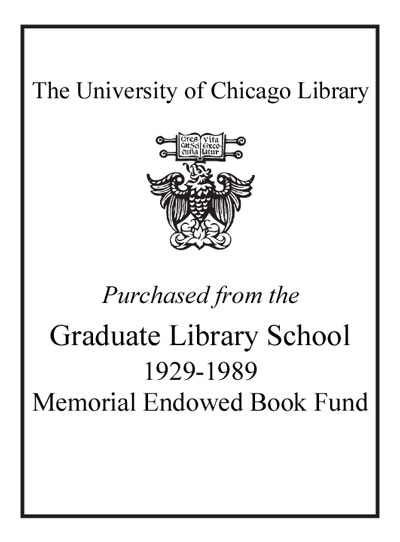Crafting masculine selves : culture, war, and psychodynamics in Afghanistan /
Saved in:
| Author / Creator: | Chiovenda, Andrea, author. |
|---|---|
| Imprint: | Oxford ; New York, NY : Oxford University Press, [2020] |
| Description: | ix, 259 pages ; 25 cm |
| Language: | English |
| Subject: | |
| Format: | Print Book |
| URL for this record: | http://pi.lib.uchicago.edu/1001/cat/bib/12037239 |
Table of Contents:
- Acknowledgments
- Introduction
- Prologue
- A psychodynamic framework of investigation
- An intellectual genealogy
- Engaging masculinity
- The methodological framework
- The contiguity between ethnographic and psychoanalytic practice
- 1. Historical and Ethnographic Background
- The broader Afghan picture
- The fieldsite in perspective
- Pashtuns in ethnographic perspective
- "Culture Talk" war, and subjectivity
- 2. Rohullah; Shifting Subjectivities and the Crafting of a Private Masculinity
- Prologue
- The impact of a different social milieu
- Crafting an alternative masculinity
- The effort at re-establishing an internal balance
- Being "different" by negotiating the private sphere
- Conclusion
- 3. Umar: The Making, and Un-making, of a Religious Militant
- Prologue
- The power of identification, the seduction of power
- A closer look
- The craft of keeping truthful to oneself
- The deep reach of enculturation
- Conclusion
- 4. Baryalay: Between Cultural and Personal Representational Worlds
- Prologue
- A family portrait
- Finding an alternative role
- Shaping one's own masculinity
- The legacy of three decades of violent conflict
- Perceiving oneself: "authenticity" and intimacy
- Conclusion
- 5. Rahmat: The Dilemmas of a "Perfect" Pashtun
- Prologue
- The "perfect" Pashtun
- Complicating the portrait
- The strength of interconnectivity
- The context of masculinity: between fantasy and reality
- Conclusion
- 6. Between What "Was" and What "Is": Four Tales of Development and Growth
- Introduction
- Inayat and Kamran
- Nasim Khan (and Niamatullah)
- Wahid
- Conclusion
- The search for "meaning" within a shared psychic reality
- Bibliography
- Index

